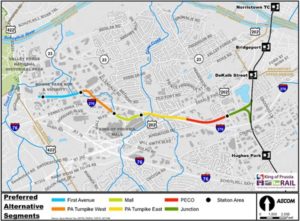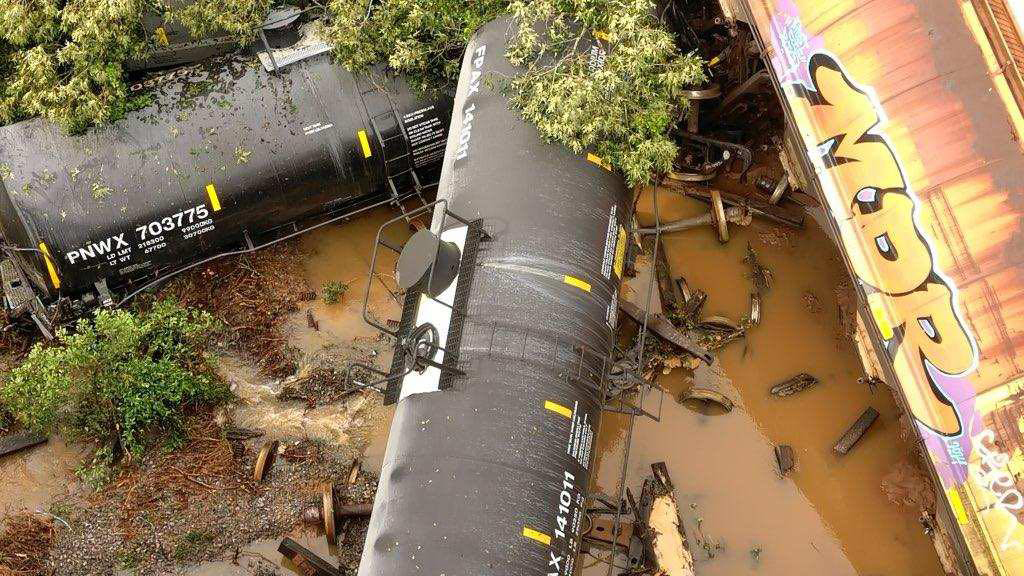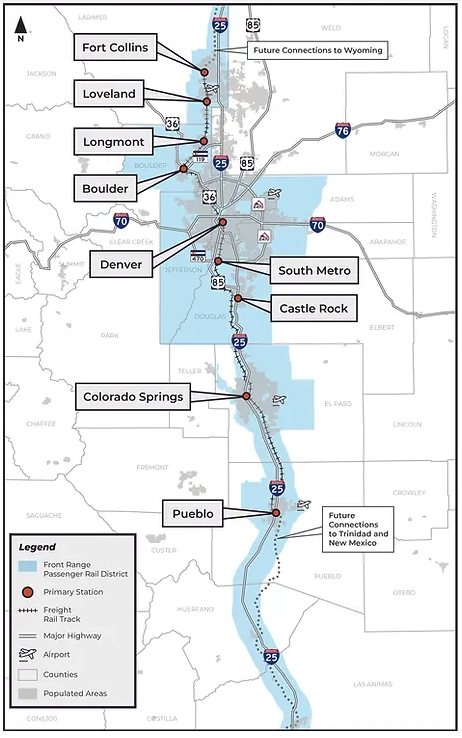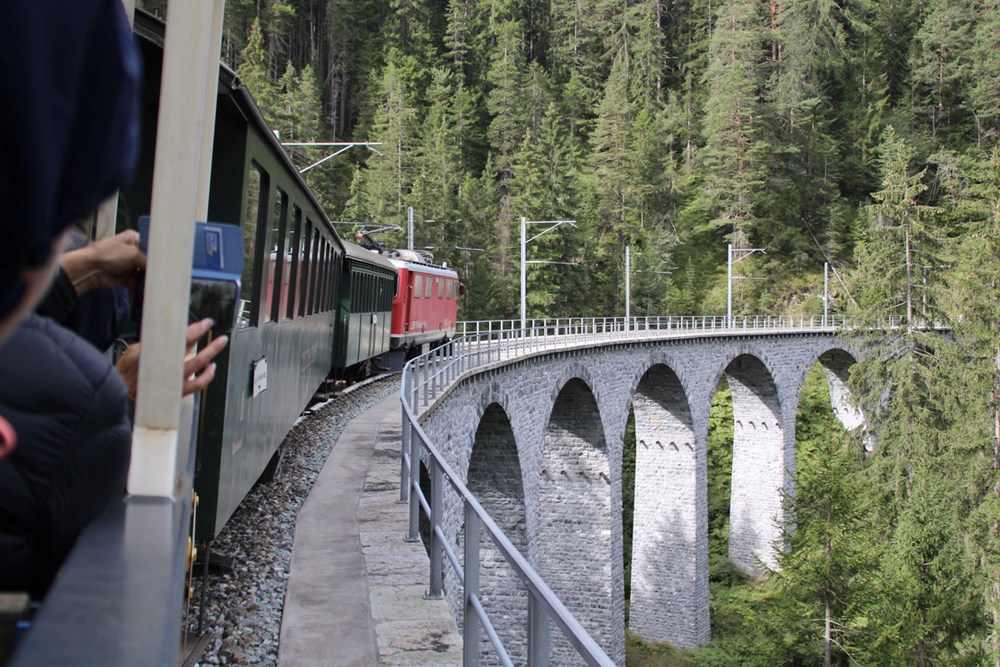Saturday rail news:

FTA releases final environmental statement, record of decision for SEPTA King of Prussia project
The Federal Transit Administration has identified the preferred route for the Southeastern Pennsylvania Transportation Authority’s planned extension to King of Prussia, Pa., as part of a combined Final Environmental Impact Statement and Record of Decision for the 3.5-mile extension of SEPTA’s Norristown High Speed Line. The 442-page document, the latest step in a process that began in 2012, says the need for the project stems from current transit options with “long travel times, delays due to roadway congestion, required transfers lead to two-or-more-seat trips, and destinations that are underserved or currently not served by public transit.” It projects the project would generate an average of 6,755 daily weekday riders by 2040, 4,556 of whom would be new transit riders, and would save 217,000 of travel time annually for current bus riders who shift to the rail line. SEPTA estimates the project will cost $2.08 billion to build (in 2025 dollars) with annual operation and maintenance costs of $10.87 million (in 2019 dollars). An FTA press release says release of the report allows SEPTA to continue design and construction of the double-track line.
FRA issues preliminary report on Baltimore-Washington maglev proposal; comment period begins Jan. 22
A proposed 40-mile maglev train offering 15-minute trips between Baltimore and Washington, D.C., would cost between $13.8 billion and $16.8 billion, according to a preliminary review of the project by the Federal Railroad Administration. The Draft Environmental Impact Statement for the Northeast Maglev project identifies a need for additional transportation in the area because of congested roadways, a rail system operating near capacity, and increasing population, and examines multiple route alternatives, all involving a mix of underground and elevated sections, with stations in Washington, Baltimore, and at BWI Airport. In a statement, Wayne Rogers, CEO of Baltimore Washington Rapid Rail, the company proposing the project, calls the release of the report “a criticial milestone” and says the company will review the document and “begin the process of ensuring any issues identified within the draft, or raised during the public comment period, are addressed in the best possible way for communities and the environment.“ Public comment on the document will open Jan. 22 and continue through April 22, according to a Maryland Department of Transportation press release, which offers details on commenting. The Washington Post reports the project could be built within a decade if it receives federal approval this year, but also notes there is significant local opposition.
DOT report outlines plan for improving transportation accessibility
Improved accessibility to stations and new railcars, for Amtrak, other rail passenger operators, and transit systems, are among the goals outlined in a draft Strategic Plan on Accessible Transportation released Friday by the U.S. Department of Transportation. The 25-page document addresses the need for better access for people with disabilities for all forms of transportation as the American with Disabilities Act marks its 30th anniversary. It notes a 2018 report estimating some 25.5 million Americans experience a travel-limiting disability, and that the COVID-19 pandemic has emphasized the need for those people to have access to transportation to connect to essential services. A DOT press release says the document, which will guide the department’s work in the 2021-25 fiscal years, is available for public comment through Feb. 16.













